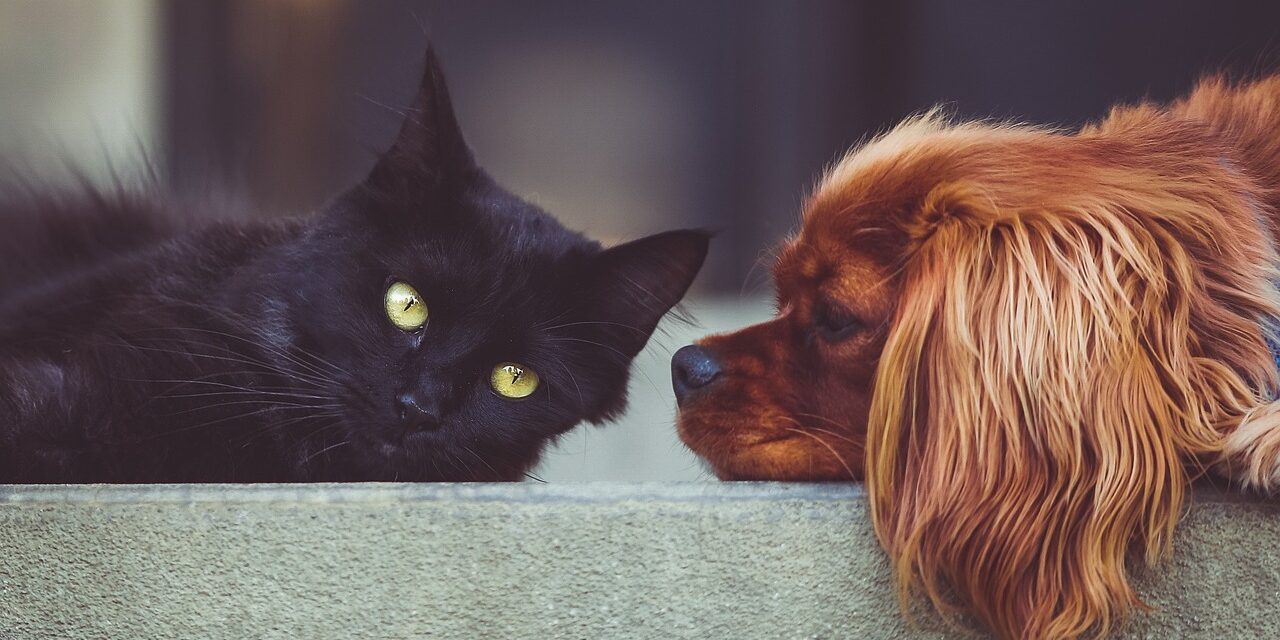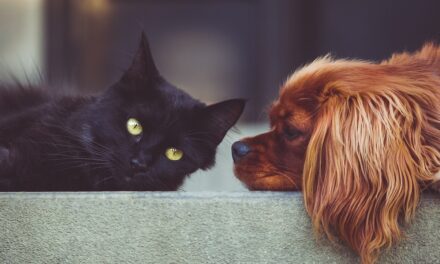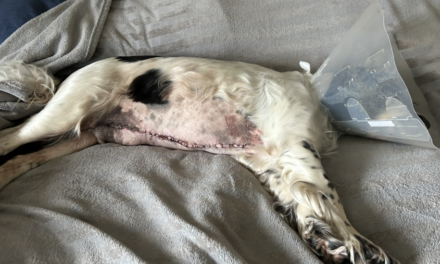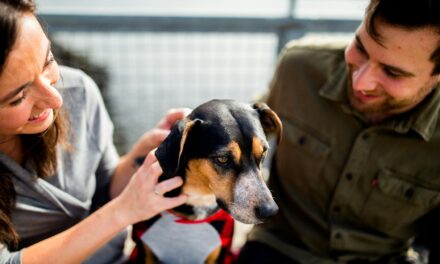As spring brings about a renewed sense of cleanliness in many homes, vet charity PDSA is raising awareness about potential hazards that could endanger pets.
Teaming up with PDSA Pet Insurance, the charity is emphasising the importance of recognising and mitigating risks to ensure pets’ safety during the seasonal clean-up. PDSA Vet Gemma Renwick has identified seven common household items or practices that can pose significant threats to pets…
Identifying Risks: The Seven Household Dangers
- Cleaning Products: While essential for maintaining cleanliness, many household cleaning products contain chemicals that are harmful if ingested or inhaled by pets. Renwick advises storing these items securely out of pets’ reach.
- Alcohol: Alcoholic beverages, as well as products like mouthwash, perfume, aftershave, and glue, contain traces of alcohol that can be toxic to pets. Owners should be cautious about where these items are stored to prevent accidental ingestion by pets.
- Batteries: Batteries, found in numerous household items like TV remotes and car keys, can cause serious harm if chewed or ingested by pets. The acidic material inside batteries can lead to burns in the mouth, throat, and stomach, posing a significant risk to pets’ health.
- Dustbins: Pets, especially dogs, are attracted to the smell of food waste in dustbins. However, ingesting mouldy food, discarded foil, skewers, or other trash can result in intestinal blockages or toxicity. Renwick advises pet owners to ensure bins are sealed and emptied regularly to prevent access by curious pets.
- Vapes and E-Cigarettes: Second-hand smoke from cigarettes and vaping devices contains harmful chemicals that can adversely affect pets’ health. Nicotine, present in most vaping liquids, is particularly toxic to animals. Pets can also injure themselves by chewing on glass vials containing vaping liquids.
- Open Windows: While fresh air is appealing, open windows pose a danger to pets, especially cats and small dogs, who may attempt to jump or fall out. Owners are urged to ensure windows are secured or install safety screens to prevent accidents.
- Pet Treatments: Using incorrect treatments or medications, whether for pets or humans, can have serious consequences. It’s crucial to follow vet-prescribed treatments and never administer medication without professional advice.
In addition to highlighting potential risks, PDSA Pet Insurance offers policies covering accidents and illnesses for cats and dogs. Furthermore, policy sales contribute to funding the charity’s life-saving veterinary services.








